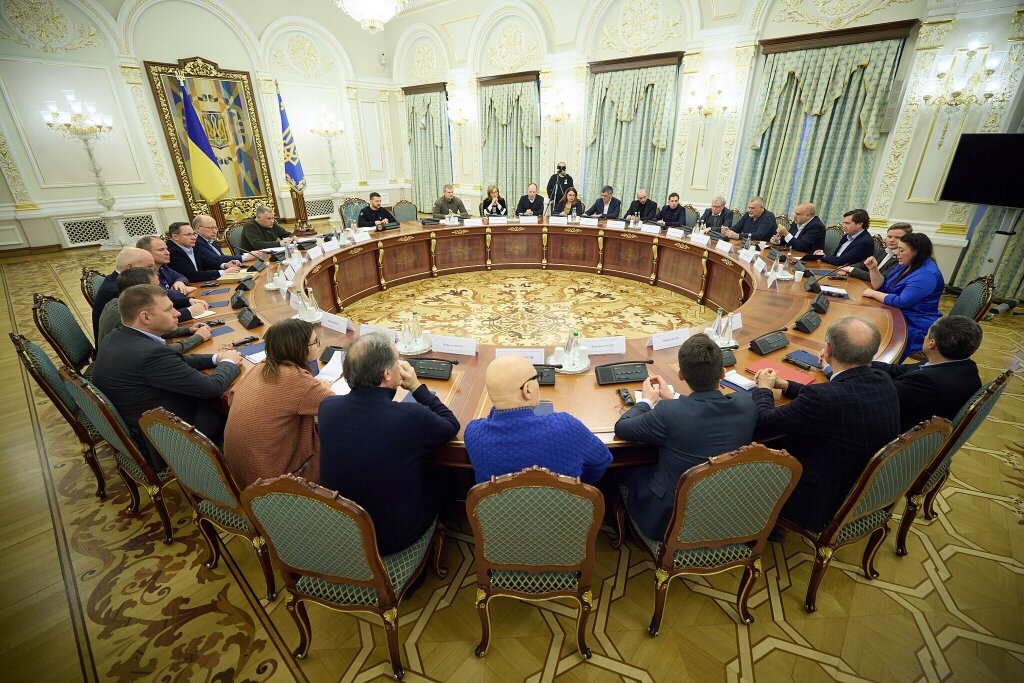This event will be held in hybrid format. RSVP to attend in person. Register for the Zoom meeting.
This presentation critically examines the evolution, dissemination, and adaptation of the "biolab" conspiracy narrative within European digital spaces, with particular attention to the reception of pro-Kremlin rhetoric by QAnon conspiracy influencers. The analysis begins by tracing the origins of the biolab conspiracy within anglophone QAnon circles, where Q’s initial communications—known as drops—were marked by an anti-Kremlin stance. Over time, however, these views were increasingly supplanted by pro-Kremlin perspectives, a shift largely driven by key conspiracy figures who capitalized on Q’s periodic absences to strategically reframe the narrative in alignment with Kremlin interests. Building on this foundation, the study employs a mixed-methods approach, combining strategic narrative analysis with Social Network Analysis (SNA) to map the transnational dissemination of the biolab narrative from English-speaking conspiracy circles to influencers within Italian, German, and French-speaking digital spaces. Drawing on transmedia content scraped from three prominent European QAnon influencers, the research utilizes natural language processing (NLP) with BERTopic to uncover how these influencers manipulate multiplatform networks to maintain their influence and adapt the biolab narrative to diverse socio-political and cultural contexts across Europe. Further analysis explores how these influencers leverage digital infrastructures and cross-platform ecosystems to reshape the biolab narrative, highlighting the pivotal role of digital affordances in the propagation of conspiracy narratives tied to geopolitical events. This research illuminates how European QAnon influencers not only amplify pro-Kremlin narratives but also embed them within their own sociological frameworks, reflecting their individual trajectories and preferences. By interrogating the intersection of conspiracy movements with pro-Kremlin discourse, this presentation will reveal the nuanced ways in which conspiracy influencers actively adapt, sustain, and disseminate these narratives within European digital counterpublics.
Dusan Bozalka is a PhD candidate in Information Sciences at the Centre d'Analyse et de Recherche Interdisciplinaire sur l'Étude des Médias (CARISM) at Université Paris-Panthéon-Assas. His research focuses on informational and digital practices, with a particular emphasis on the dissemination of strategic conspiracy narratives within the QAnon counter-public across English, French, German, and Italian-speaking digital spaces. He utilizes a mixed computational approach, combining strategic communication concepts with sociological analysis of multiplatform social networks. Dusan is affiliated with the Institute for Strategic Research at the École Militaire (IRSEM), where he serves as a PhD Resident. His research is supported by a doctoral grant from the Directorate General for International Relations and Strategy (DGRIS). As part of his work, he has been a Visiting Researcher at the Centre Marc Bloch in Berlin, where he studied the formation of digital communities on alternative platforms. In 2024, he was awarded the Schuman Fulbright Scholarship for innovative research, which currently allows him to continue his research at George Washington University. Dusan holds a Bachelor's degree in Translation from the University of Mons, as well as two Master's degrees—one in International Relations from Sorbonne University and another in History from Université Paris-Panthéon-Assas.



